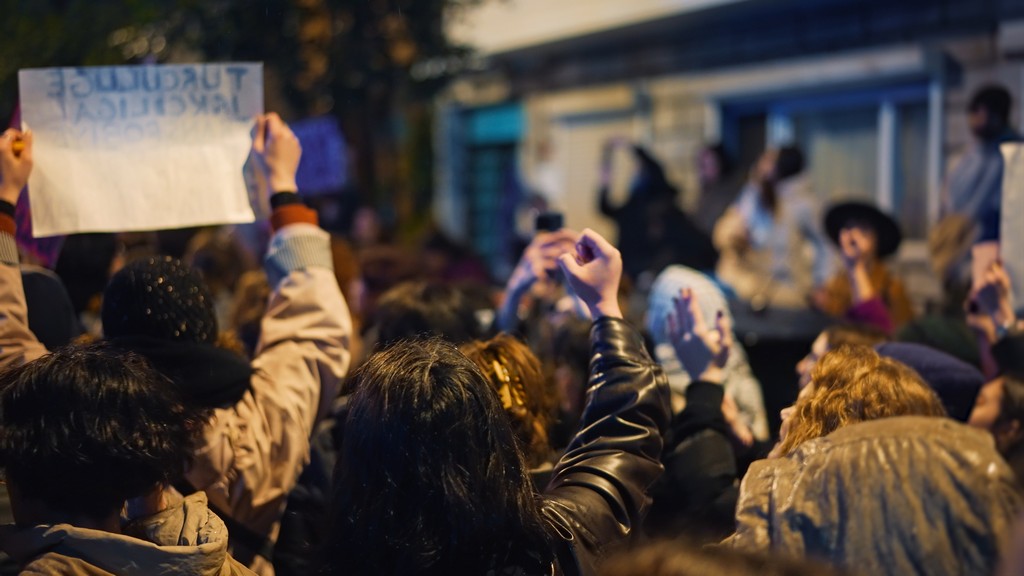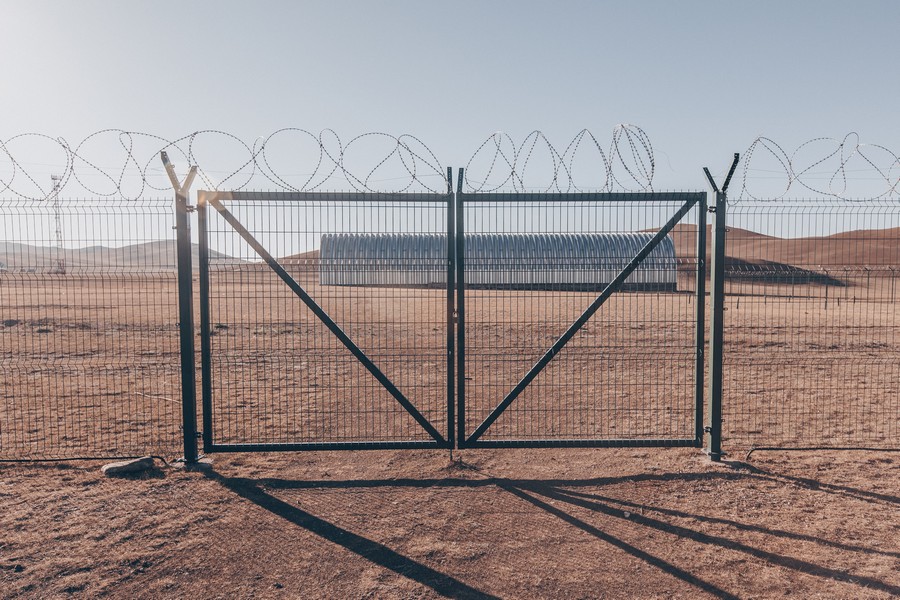In the Media
Col. (res.) Dr. Hanan Shai: Statements by Lebanese officials and the activities of the Lebanese army are unequivocally an achievement for Israel.
The weakness of the Lebanese army, the IDF cannot rely on it and must back it up with its own parallel defense— mainly through detailed intelligence monitoring and targeted thwarting of any violation not only in Southern Lebanon but also [deep] within it, including at sea and air ports.
Published in JNS, April 18, 2025.

Prof. Kobi Michael: The Houthi’s military capability has been damaged but not yet eliminated. More time and effort—complementary to the military effort—will be required to bring about their disintegration from most of their capabilities in a more significant way.
The American effort must be assisted by social-political efforts within Yemen itself.
These efforts should be aimed at weakening and fragmenting the Houthis and their regime in northern Yemen, he said, “to assist the government of southern Yemen in cooperation with tribes rival to the Houthi tribes in northern Yemen to regain effective control of the area, alongside the military effort.”
It does not exist in the kinetic context. it does exist in the intelligence context and perhaps in assisting thought and consultations in the political context. The U.S. coordinates and updates, but acts quite independently and very much prefers that there be no Israeli involvement, which can only complicate matters.
Published in JNS, April 14, 2025.

Prof. Kobi Michael: Israel was beginning to doubt Trump’s determination vis a vis Iran. I don’t think prime minister Netanyahu believes that negotiations with Iran can lead to a successful agreement that will prevent Iran from advancing its military nuclear capabilities.
At the same time, I think the prime minister is very concerned about the skillful negotiating capabilities of Iran and the possibility that Israel might find itself in a dangerous strategic stalemate with regard to Iran’s military nuclear capabilities.
Published in The Washington Free Beacon, April 11, 2025.

Prof. Kobi Michael: An uprising against Hamas could be a way to avoid a full Israeli occupation of Gaza.
Occupation is the more probable scenario, unless the protesters reach 100,000 which would be a tipping point to convince Hamas to accept the Witkoff proposal.
Israel’s increased military pressure was to force Hamas to not only free the remaining hostages it seized during the October 7, 2023 attack that triggered the war, but to also lay down its arms and for its leaders to leave Gaza. However, he sees “no indication” that Hamas would agree to this.
Published in The National, April 08, 2025.
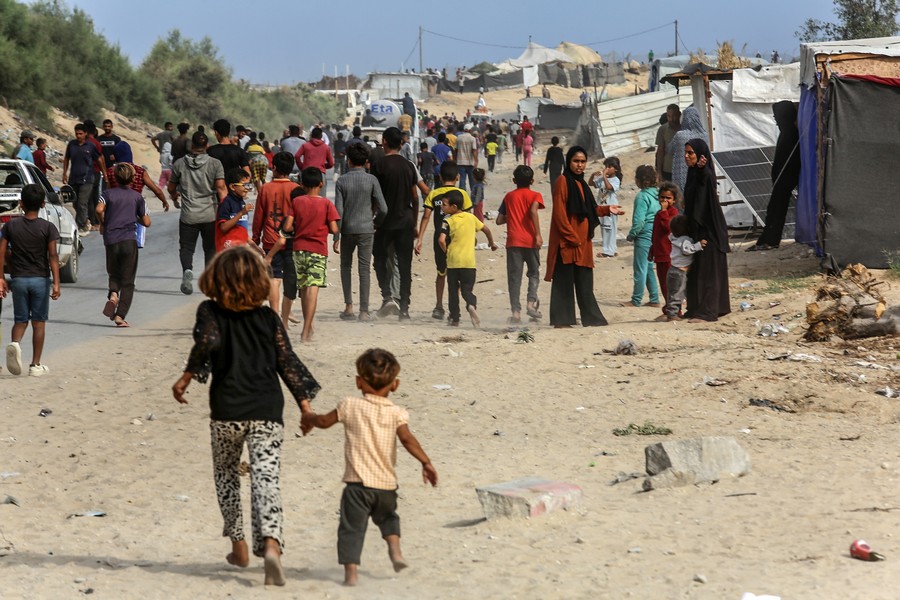
Dr. Yossi Mansharof: Trump wants Tehran to negotiate seeks to bring Iran to a point where the regime understands that the nuclear program not only fails to advance its goals but actually endangers it and Iran’s national security.
That being said Trump has made it clear that if Iran does not respond to his offer to negotiate, the U.S. itself will attack Iran.
I believes Trump wants to make Iran understand that continuing the current course—progress in the nuclear program, regional entrenchment, sponsoring Iran’s proxy network and developing the missile program—will harm the regime, and therefore, it would be in Iran’s own interest to reach an agreement with the U.S. in these three areas.
Published in JNS, April 04, 2025.
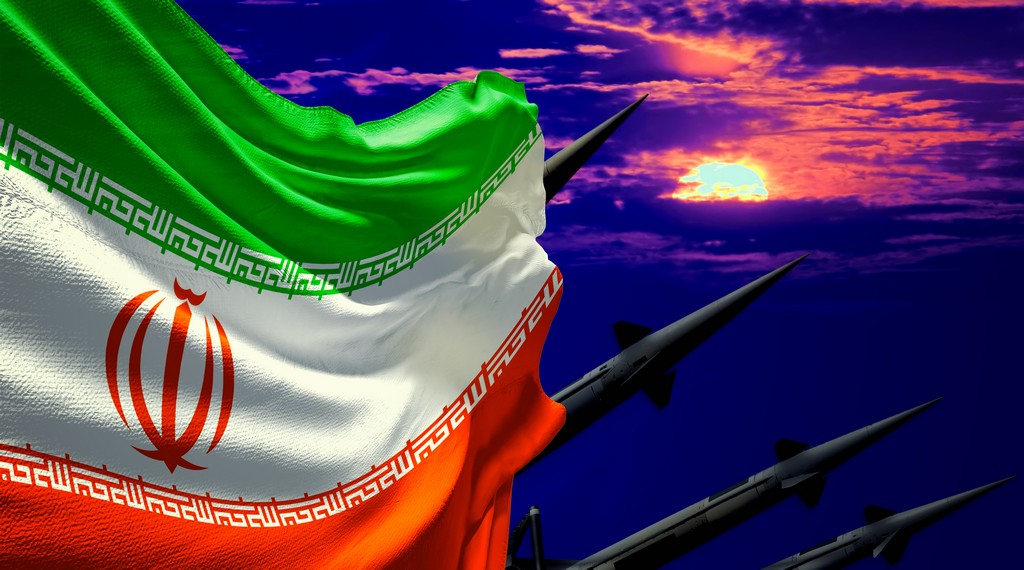
Prof. Kobi Michael: While the goal of the corridors might appear to be simply to divide Gaza into three areas, the move is part of a wider strategy that prepares Israel for the full occupation of Gaza in the event that Hamas does not agree to its terms for ending the war.
Israel is preparing for a full occupation of the Gaza Strip. This is the only way forward if negotiations fail to dismantle Hamas’s sovereignty in Gaza.
Published in The National, April 03, 2025.

Prof. Kobi Michael: The control of the civilian population according to the principles of international law in time of war must be the control of the military commander.
The current hybrid structure involving the Coordinator for Government Activities in the Territories Unit, which belongs to the Israeli Ministry of Defense but is staffed by soldiers, remains untenable.
This entire entity called COGAT has to undergo a process of [becoming] a civilian entity, and subordination to the Ministry of Defense. It should not be part of the army.
During wartime, there must be a clear distinction between an IDF military government and the Civil Administration [a part of COGAT]. In our writings and comments, when we discuss the need for a military government as a need, it is as an organizational expression of the third aspect of military doctrine: control [over territory].
Published in JNS, April 03, 2025.
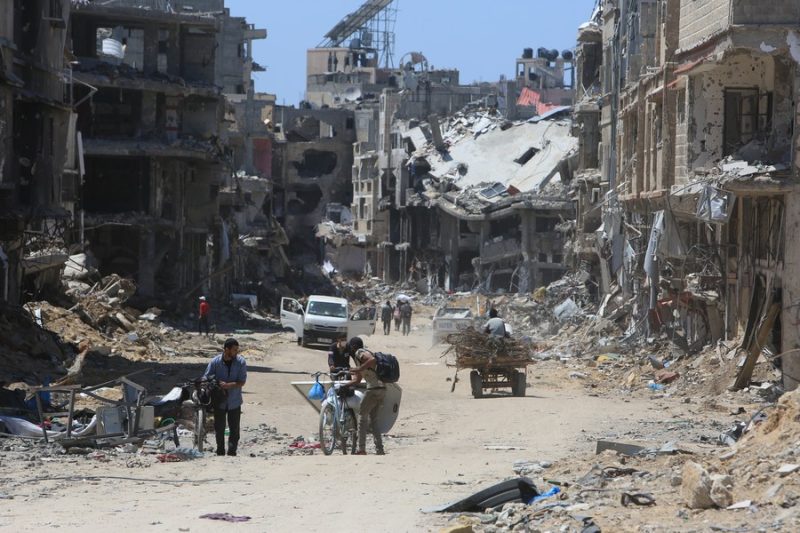
Prof. Kobi Michael: The fact that dozens, sometimes hundreds of people, are going into the streets and demonstrating against Hamas with their faces uncovered indicates a crack in the barrier of fear vis a vis Hamas. If the demonstrations expand to the point where we see tens of thousands of people in the streets, this will be a tipping point. Then, the demonstrators will go for a lynching, they will slaughter Hamas.
The Gazan people share the ideology of Hamas. I am speaking collectively, there are many individuals who are not like this, but the collective psychological infrastructure is exactly Hamas’s psychological infrastructure, which means that they are very brutal and very violent, and they will do to Hamas what Hamas did to the Jews on Oct. 7.
Published in Washington Free Beacon, April 01, 2025.
